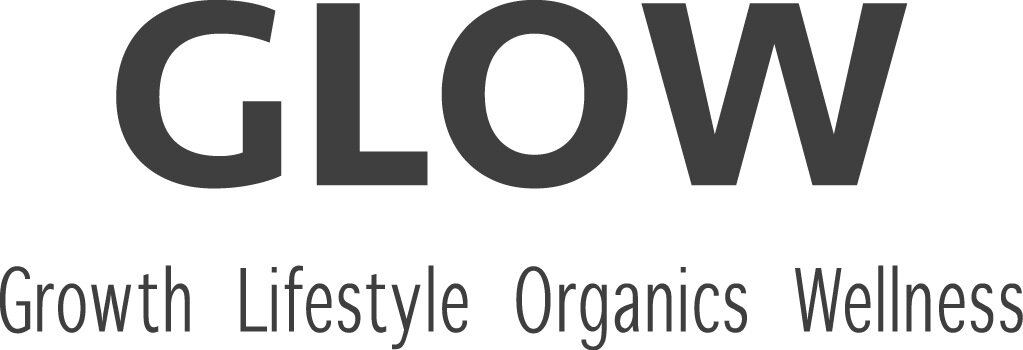Making the right decisions for your baby is a priceless investment with life-long returns. However, the modern world doesn’t make it easy with conflicting information coming from all angles and cheaply mass-produced goods, including food. Since the beginning of capitalism we’ve seen an increase in c-sections, no or short period of breastfeeding, increased use of medications and supplements, environmental toxins, electromagnetic field, epidemic use of plastic and parental diet devoid of truly nutritious foods. Although they have become an accepted norm, all can affect baby’s immunity, often leading to allergies, intolerances, skin conditions, autoimmunity, diabetes and later on in life – decreased focus or behavioural issues. Every parent would like to avoid these but what to do when there is so much information out there to filter through?
And what about stepping into the role of a mum as such? Do you feel prepared? It can be both exciting and challenging. Mums want the best for their baby, therefore it’s easy to get fully absorbed in the new duties. At the same time, it’s just as easy to forget about yourself. As a result, mums can end up exhausted, depressed or feeling unattractive, However, looking after your own needs can help to build the strength and energy necessary for mums to bring up a healthy, happy child, and to keep a happy relationship going. Would you like to know how?
There are also other challenges for new mums, namely the many difficult decisions they have to make as soon as the baby arrives. Delayed or immediate cord cutting, vit K shot, hepatitis B vaccine, what to do with vernix caseosa, antibacterial eye drops, sugar water, further vaccinations... And future countless decisions: which formula is the best when breastfeeding doesn’t go well, how about donated breast milk, how to wean the baby and what foods are truly best to start with – these are some of the stressful dilemmas.
On thing is certain, no one can tell the parents what is best for their baby because no circumstances are identical. Overall outcome depends on the factors affecting genetic expression, mother’s diet before and during pregnancy, way of delivery and emotional wellbeing. It’s the duty of parents to analyse these various factors from their individual perspective, in order to make educated decisions. What’s important though is not neglecting any signs and symptoms, even if they are considered ‘normal’. Bloated belly, constipation, dry skin, sleeping problems or lack of appetite are all signs of underlying imbalances which require attention.
In collaboration with OsteoPalma I invite you to an interactive and practical event that will help you with future decisions as a parent. Details below:


